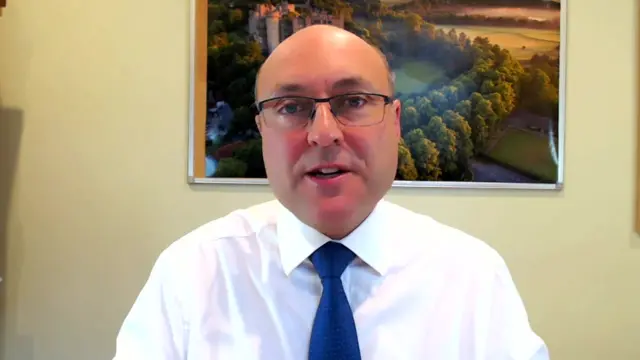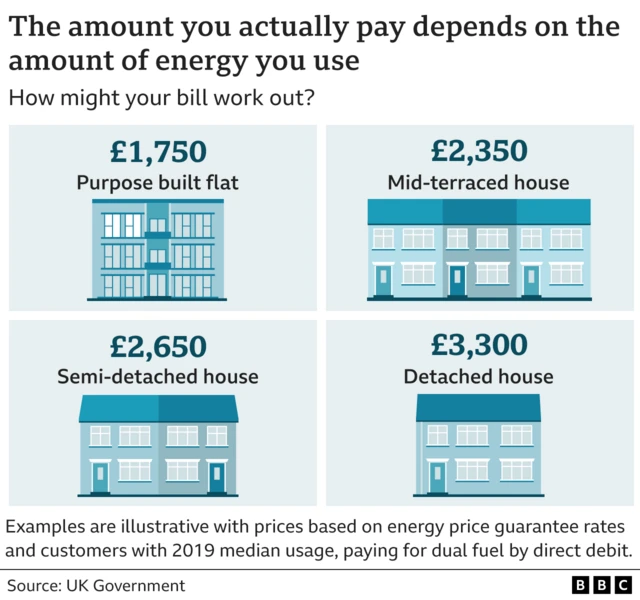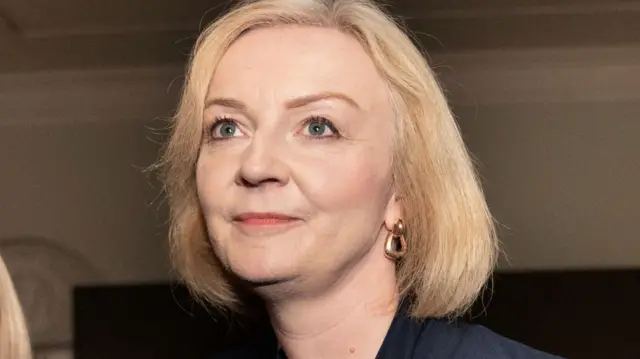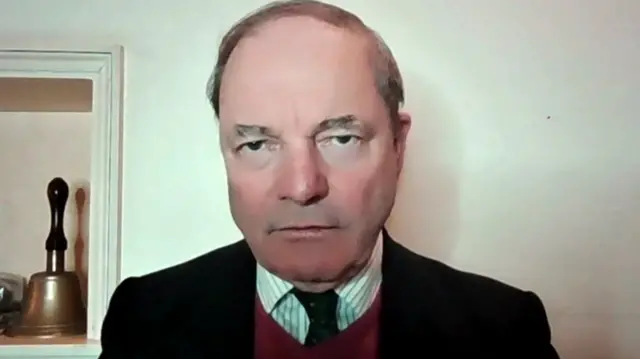Former chancellor rejects idea market turmoil a 'global problem'published at 09:28 BST 30 September 2022
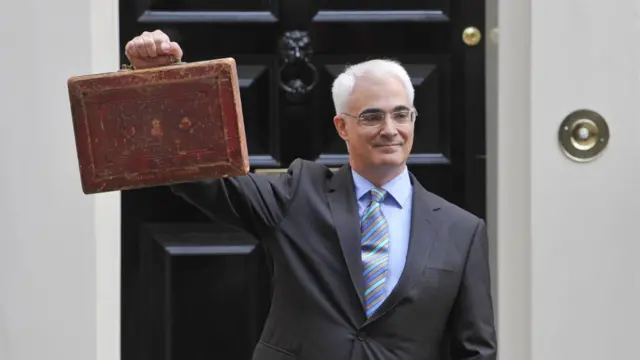
Lord Alistair Darling served as Chancellor from 2007 to 2010
Former UK Chancellor Lord Alistair Darling has rejected suggestions from the government that the market turmoil seen over the last week is a global problem, describing it as "entirely self-inflicted".
Darling, who was chancellor from 2007 to 2010 under Labour, tells the BBC the government appeared to be "complete novices… suddenly presented with a new toy to play with and didn’t understand what they were doing".
“They decided one of the first things they wanted to do was announce a huge amount of tax cuts but hadn’t thought through the obvious question - how are you going to pay for it,?" he tells the Today programme.
“Neither the prime minister or the chancellor said very much in the days after this. The only thing they said is there would be more underfunded tax cuts which spooked the markets who we depend on to borrow.
“I know from my own experience, if you lose control, if you lose credibility, it takes a long, long time to get it back and that is what has happened to them."
Darling adds: “They’ve got to publish a plan for paying for this, and if it does mean cutting public expenditure they need to confess to that."


